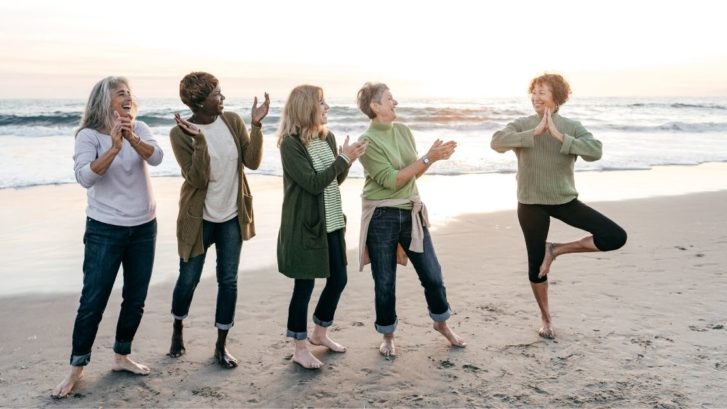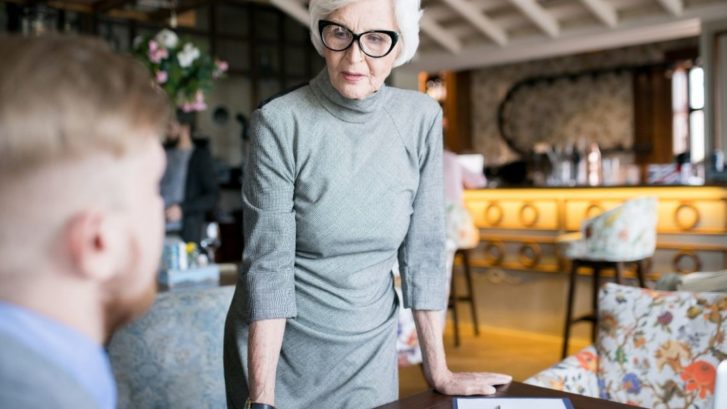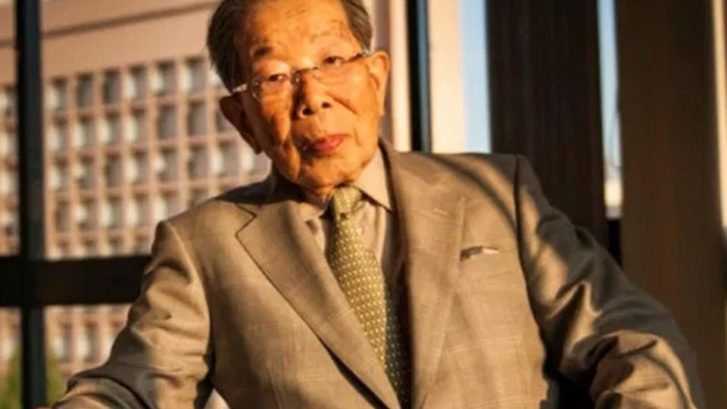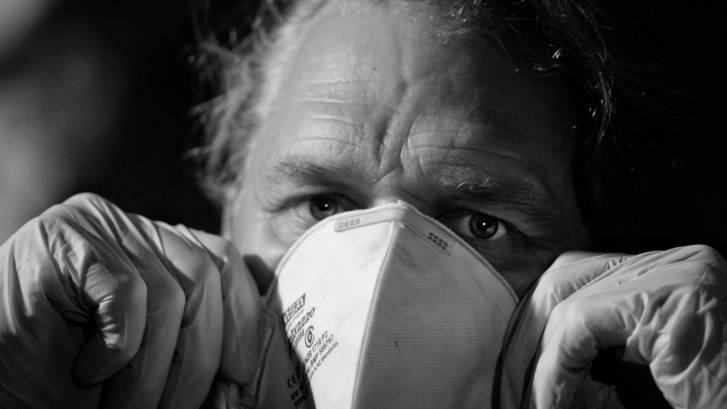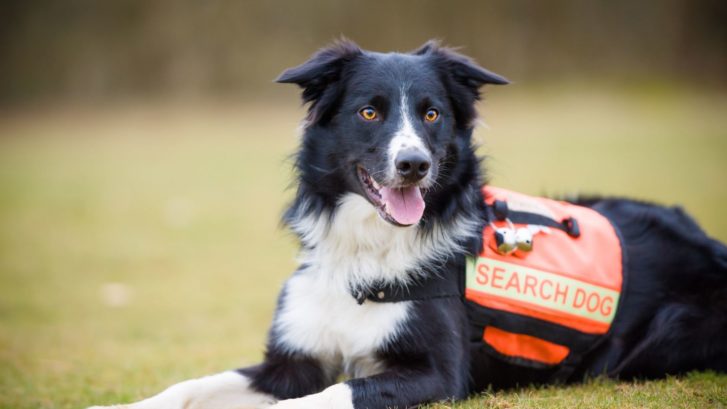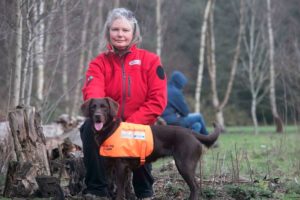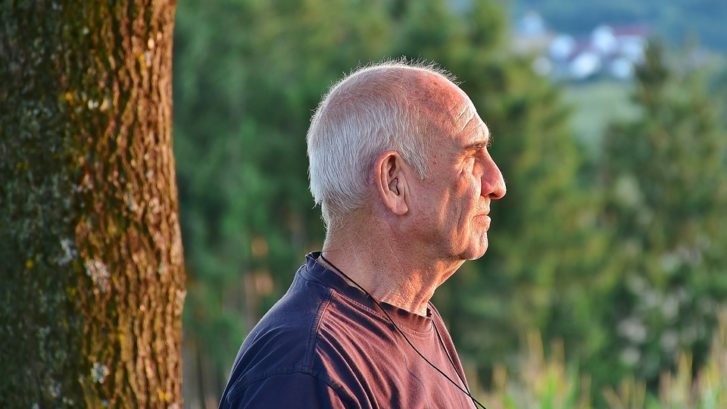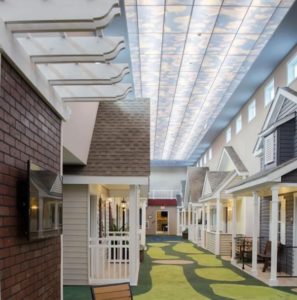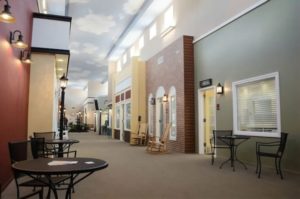The goals of improved health and financial security are to live longer and, presumably, more fulfilling lives. Increases in longevity have certainly been impressive and has been a trend worldwide. Not only has 60 become the new 40, but we’re well on our way to the day when 80 becomes the new 60.
Tom Popomaronis, Contributor@TPOPOMARONIS wrote an article for CNBC.com about the Japanese doctor who lived to 105 – his spartan diet, views on retirement, and other rare longevity tips.
Dr. Shigeaki Hinohara had an extraordinary life for many reasons. For starters, the Japanese physician and longevity expert lived until the age of 105.
When he died, in 2017, Hinohara was chairman emeritus of St. Luke’s International University and honorary president of St. Luke’s International Hospital, both in Tokyo.
Perhaps best known for his book, “Living Long, Living Good,” Hinohara offered advice that helped make Japan the world leader in longevity. Some were fairly intuitive points, while others were less obvious:
- Don’t retire. But if you must, do so a lot later than age 65.
The average retirement age (at least in the U.S.), has always hovered at around 65. And, in recent years, many have embraced the FIRE movement (Financial Independence, Retire Early).
But Hinohara viewed things differently. “There is no need to ever retire, but if one must, it should be a lot later than 65,” he said in a 2009 interview with The Japan Times. “The current retirement age was set at 65 half a century ago, when the average life expectancy in Japan was 68 years and only 125 Japanese were over 100 years old.”
Today, he explained, people are living a lot longer. The life expectancy for U.S. in 2020, for example, is 78.93 years, a 0.08% increase from 2019. Therefore, we should be retiring much later in life, too.
Hinohara certainly practiced what he preached: Until a few months before his death, he continued to treat patients, kept an appointment book with space for five more years, and worked up to 18 hours a day.
- Take the stairs (and keep your weight in check).
Hinohara emphasized the importance of regular exercise. “I take two stairs at a time, to get my muscles moving,” he said.
Additionally, Hinohara carried his own packages and luggage, and gave 150 lectures a year, usually speaking for 60 to 90 minutes — all done standing, he said, “to stay strong.”
He also pointed out that people who live an extremely long life have a commonality: They aren’t overweight. Indeed, obesity is widely considered one of the most significant risk factors for increased morbidity and mortality.
Hinohara’s diet was spartan: “For breakfast, I drink coffee, a glass of milk and some orange juice with a tablespoon of olive oil in it.” (Studies have found that olive oil offers numerous health benefits, such as keeping your arteries clean and lowering heart disease risk.)
“Lunch is milk and a few cookies, or nothing when I am too busy to eat,” he continued. “I never get hungry because I focus on my work. Dinner is veggies, a bit of fish and rice, and, twice a week, 100 grams of lean meat.”
- Find a purpose that keeps you busy.
According to Hinohara, not having a full schedule is a surefire way to age faster and die sooner. However, it’s important to stay busy not just for the sake of staying busy, but to be active in activities that help serve a purpose. (The logic is that one can be busy, yet still feel empty and idle on the inside.)
Hinohara found his purpose early on, after his mother’s life was saved by the family’s doctor.
Janit Kawaguchi, a journalist who considered Hinohara a mentor, said, “He believed that life is all about contribution, so he had this incredible drive to help people, to wake up early in the morning and do something wonderful for other people. This is what was driving him and what kept him living.”
“It’s wonderful to live long,” Hinohara said in the interview. “Until one is 60 years old, it is easy to work for one’s family and to achieve one’s goals. But in our later years, we should strive to contribute to society. Since the age of 65, I have worked as a volunteer. I still put in 18 hours seven days a week and love every minute of it.”
- Rules are stressful; try to relax them.
While he clearly promoted exercise and nutrition as pathways to a longer and healthier life, Hinohara simultaneously maintained that we need not be obsessed with restricting our behaviors.
“We all remember how, as children, when we were having fun, we would forget to eat or sleep,” he often said. “I believe we can keep that attitude as adults — it is best not to tire the body with too many rules.”
Richard Overton, one of America’s oldest-surviving World War II veterans, would have most likely agreed. Right up until his death at age 112, the supercentenarian smoked cigars, drank whisky and ate fried food and ice cream on a daily basis.
Hinohara might not have approved of Overton’s diet, but, to be fair, Overton did credit his longevity to maintaining a “stress-free life and keeping busy.”
- Remember that doctors can’t cure everything.
Hinohara cautioned against always taking the doctor’s advice. When a test or surgery is recommended, he advised, “ask whether the doctor would suggest that his or her spouse or children go through such a procedure.”
Hinohara insisted that science alone can’t help people. It “lumps us all together, but illness is individual. Each person is unique, and diseases are connected to their hearts,” he said. “To know the illness and help people, we need liberal and visual arts, not just medical ones.”
In fact, Hinohara made sure that St. Luke’s catered to the basic need of patients: “To have fun.” The hospital provided music, animal therapy and art classes.
“Pain is mysterious, and having fun is the best way to forget it,” he said. “If a child has a toothache, and you start playing a game together, he or she immediately forgets the pain.”
- Find inspiration, joy and peace in art.
According to The New York Times, toward the end of his life, Hinohara was unable to eat, but refused a feeding tube. He was discharged and died months later at home.
Instead of trying to fight death, Hinohara found peace in where he was through art. In fact, he credited his contentment and outlook toward life to a poem by Robert Browning, called “Abt Vogler” — especially these lines:
There shall never be one lost good! What was, shall live as before;
The evil is null, is nought, is silence implying sound;
What was good shall be good, with, for evil, so much good more;
On the earth the broken arcs; in the heaven a perfect round.
“My father used to read it to me,” Hinohara recalled. “It encourages us to make big art, not small scribbles. It says to try to draw a circle so huge that there is no way we can finish it while we are alive. All we see is an arch; the rest is beyond our vision, but it is there in the distance.”
Shire Retirement Properties (Pty) Ltd (Shire) is based in the Western Cape Province of South Africa and specialises in the provision of a range of services focused exclusively on the retirement industry. To read more about our services, click here.



